In case you missed it, the nominees for the 10th annual Game Awards, set to air on December 12, have been announced. Some frontrunners were predictably nominated in multiple categories, such as Astro Bot and Metaphor: ReFantazio, which scored seven and six nominations, respectively. But there were some pleasant surprises, too, like indie darling Balatro also being nominated for the show’s top award. But after all these years, the timing of the award show confounds me, especially as I see it unintentionally sabotage games that are eligible for nomination, but release too close to the cut-off date to get a proper shot at consideration. Yes, I’m talking about BioWare’s Dragon Age: The Veilguard.
For context, any game that is publicly available by November 22 (a date that was still several days away by the time nominations were announced on Monday) was eligible for nomination this year. According to staffers at jury outlets Kotaku has spoken to, ballots were due on November 12. While each outlet has its own internal processes for how it handles submitting nominations, some that Kotaku spoke to explained they had to have votes in at an even earlier date so they could tally those votes for submission. The result is several overlapping deadlines that affect which games actually have a reasonable chance of being nominated for The Game Awards. A game like The Veilguard, which can take up to 60 hours to complete and launched less than two weeks before ballots were due, is affected more by timing than any other factor. Voters didn’t have as much time to play it as they did similarly epic games like Elden Ring: Shadow of the Erdtree which launched much earlier, nor does it benefit from brevity the way some games do, like Astro Bot.
Because of the lack of distance between the eligibility cut-off and votes being due, timing is everything in determining whether or not some games even get on the ballot. Oftentimes, the Game Awards are less a celebration of the best and brightest the industry has to offer than they are a representation of the most popular and mainstream games that voters actually got around to. Games that aren’t even out yet are technically eligible, but it’s unlikely that many voters will have had much time with these, if any. Sure, someone might have a review copy, but one or two people at a publication trying to convince their colleagues who haven’t touched a game that they should give it a space on their single ballot to the biggest award show in the industry is a near-impossible task. The lack of a meaningful gap between the eligibility cut-off and when ballots are due is especially damaging to games that technically fall within the window but are only available to a select few jurors, and only for a brief time before their votes must be cast.
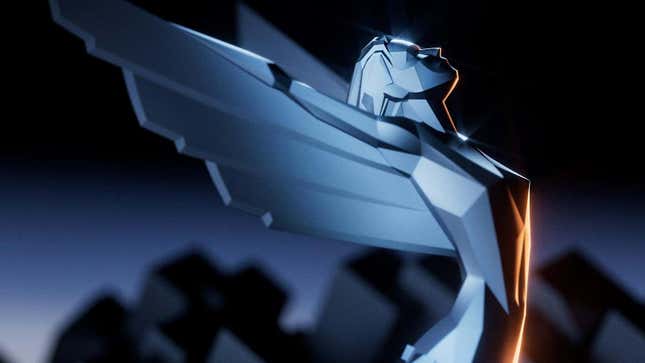
For example, S.T.A.L.K.E.R. 2 launched today, November 20, and while I don’t think it would have been nominated for much, under The Game Awards’ current structure, it was technically eligible. But a game that only a select few of the jury has been able to put reasonable time into will never have a fair shot because statistically, almost no one on the jury would have been able to play it. As long as the show’s eligibility window ends within a hair’s breadth of when the ballots are due, games that launch close to the show itself are sprinting after competition that’s had a months-long head start. Sometimes a game like Spider-Man 2 manages to make its way into multiple categories despite releasing late in the window because it’s a huge, first-party IP that you can complete in a comfortable 20 hours. Other games end up like The Veilguard, launching at a time so disadvantageous that you only get one nomination in Accessibility, chosen by a specialist panel whose role in the awards is to be tuned into that pillar of game design.
Compare this to The Grammys, one of the biggest awards ceremonies in the music industry. This next one is set to take place on February 2, but the eligibility criteria is months removed from the actual show. The 2025 Grammys will recognize music released from September 16, 2023 to August 30, 2024. Nominations weren’t even announced until November 8. Look at all that time and space to actually consider what should be nominated. I’m not going to go to bat for The Grammys’ actual nominations because that show has its own institutional problems and a very narrow view of what’s worth recognizing. However, the structure of its eligibility and nomination process sure does sound like it would solve some of The Game Awards’ problems.
A lot of other video game award shows, like the BAFTA Games Awards, also don’t do this, and instead put months of distance between the window of eligibility and the date of the actual show. So why does The Game Awards do things this way? We reached out to the show for comment and didn’t receive an answer in time for publication, but I would hypothesize that much of it boils down to the show feeling like an ad for games rather than a celebration of them. December is a strategic time for publishers to want their games to be adorned with accolades as people are looking to make their Christmas lists. I have to wonder if The Game Awards is even capable of this kind of restructuring, given how embedded it is in the industry’s marketing cycle. But if the show even considered how its structure inevitably undermines games like The Veilguard, it might make for a better, more representative event.
Inevitably, there will be those who say The Veilguard wasn’t snubbed and that it just didn’t deserve recognition. Pushing aside the bad-faith transphobic and racist nonsense that’s been surrounding the games for months, there’s a discussion to be had there. It is, without a doubt, one of the more divisive games in BioWare’s catalog. But anyone who thinks its timing didn’t play a factor in its complete absence is kidding themselves, and this kind of fundamental failing will affect games you like just as much as ones you don’t one day. Justice for Gareth David-Lloyd, you deserved a Best Performance nod for your work as Solas.
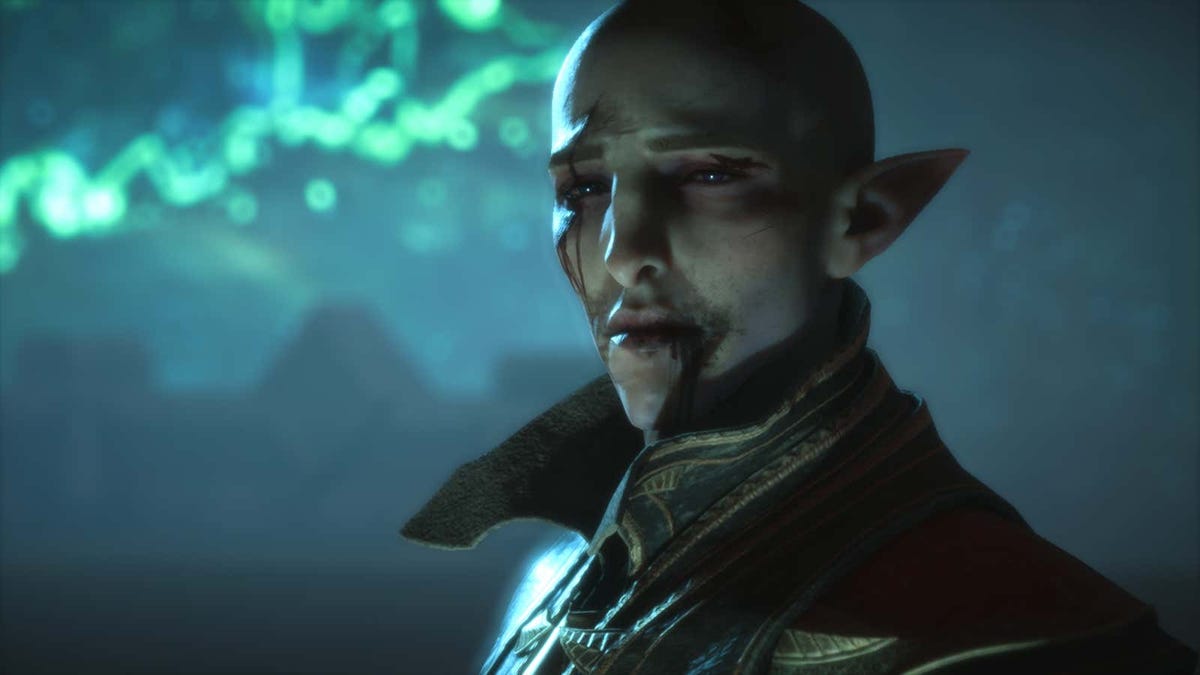
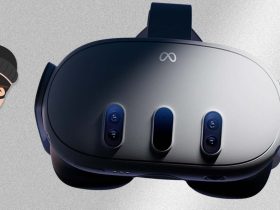
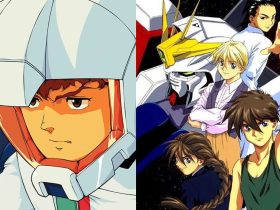





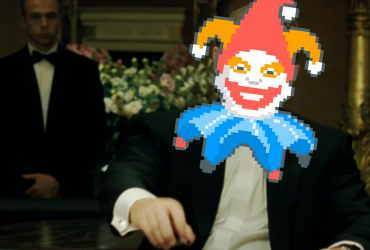


Leave a Reply